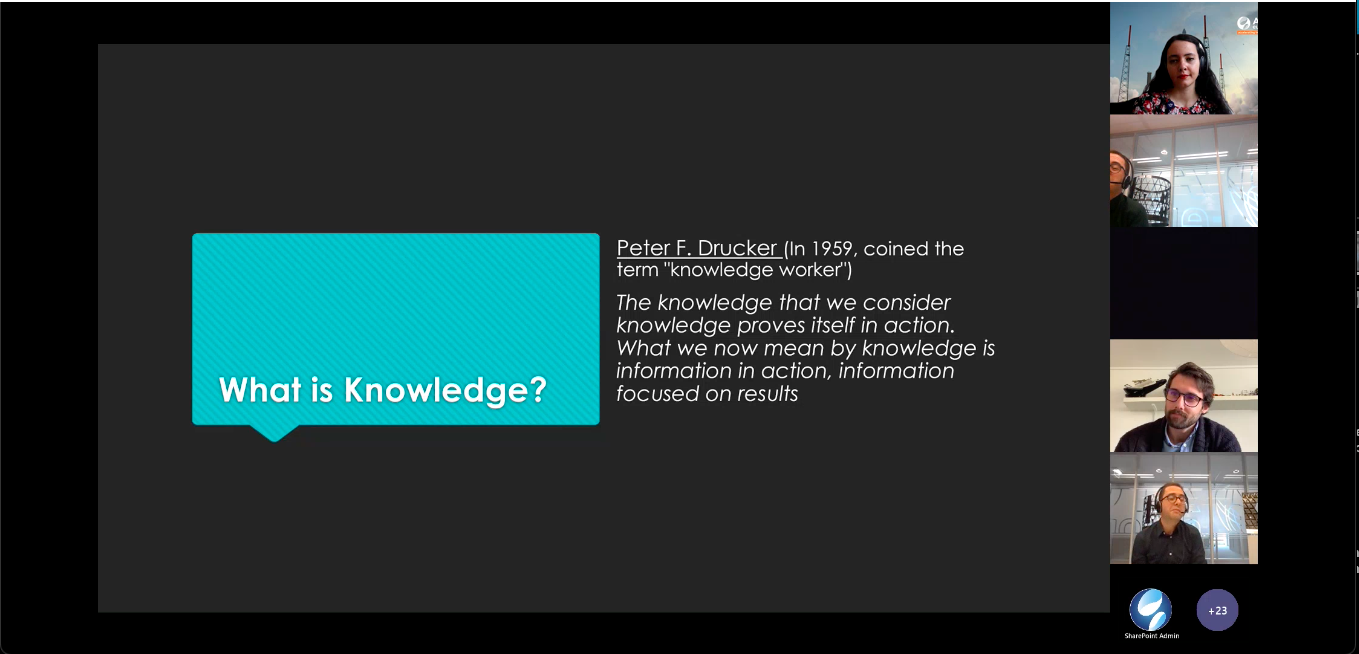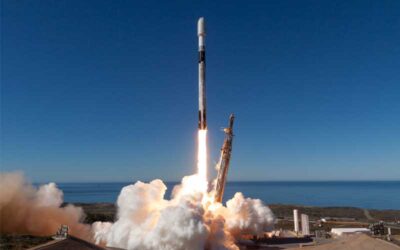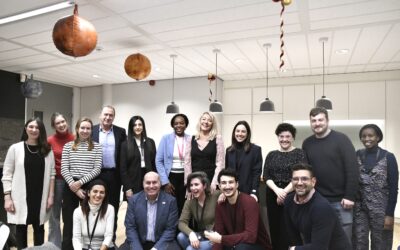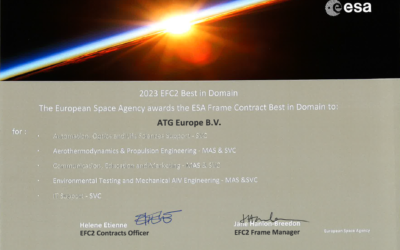ATG Talk by Alfonso Fresneda: (Sharing) Knowledge means power
Our last ATG Talks took place on the 14th of October 2021, with a great Talk hosted by Alfonso Fresneda – Knowledge Management Engineer as part of the corporate Knowledge Management team at the European Space Agency, on the topic of how (Sharing) Knowledge can mean “Power”
On the 14th of October at 12:00 PM – we kicked off our second ATG Talk of the season with Alfonso’s enthusiasm. With a perfect blend of interactivity, exchanges and a good presentation, his passion could be felt across our monitors. It was time to start using and leveraging knowledge as a priceless resource.
As a reminder, Alfonso joined ATG Europe in 2017 with a strong and broad experience in knowledge, information, content management at companies such as Universia or Alten, and now on our behalf at the European Space agency supporting the creation of the current ESA Knowledge Management framework that is based on 4 principal areas: Lessons Learned, Knowledge from People, Knowledge from Information and Data, and the ESA Libraries.

Alfonso Fresneda
Knowledge Management Engineer at the European Space Agency
“We all wished we could be “Captain Foresight” better than “Captain Hindsight” from South Park – being able to use anticipation to avoid issues that can be foreseen based on past experiences. Here is where KM can help organisations“

After a brief introduction by Bertilla Sinka (Quality & Information Manager), the presentation began with a question and a series of reactions about an interesting NASA anecdote – how an intergenerational sharing of knowledge, succeeded in repairing the Hubble Telescope.
The Hubble alumni knew the in-depth characteristics of the Telescope and only their knowledge could come and contribute to the current teams in solving antique technical problems. This led NASA to ask themselves, how can try better prepared for the future, there must be a way to gather all that knowledge by capture and transfer it.
This is when we started getting to the heart of the topic, what is knowledge? Why do we use knowledge management as a discipline and how can we make it as transversal and replicable as possible? When we think about it, within our organisations lies a gold mine of wisdom and experience, that we can record, transmit and store for the better. Learning how to practice it and know when to use it can become a real asset for any organisation.
We learned through the means of interesting quotes and clear explanations how we can make more effective decisions by reusing knowledge, and how we can filter information to keep only groundbreaking data. With a passion that emanated directly from his stories, Alfonso engaged with the audience from beginning to end. He went on to presenting more examples and theories that led us deeper into the Knowledge Management question. The tacit and explicit insights that we can gather from Knowledge Management within an organisation allow us to differentiate the physical information from the non-physical knowledge. A link between the two must be bridged to record and store all the information possible despite the blurry lines between the conscious and unconscious knowledge. In other words, everything has to be codified, (in records, exploitable documents, software, dashboards, how-to, checklists, etc.) that can be used and shared. All equating to people, processes, and technology, which make up the three key pillars of Knowledge Management today.
We all wished we could be “Captain Foresight” better than “Captain Hindsight” from South Park – being able to use anticipation to avoid issues that can be foreseen based on past experiences. Here is where KM can help organisations. This led Alfonso to talk about his personal experience at the European Space Agency, where he is currently part of the corporate Knowledge Management team supporting the creation of a Knowledge Management framework, with a strong accent of digitalisation. With activities like the ‘Lessons Learned’ – ESA triggers specific actions at specific moments with the purpose to learn from past projects and implement this learning on standards, procedures, handbooks,… for current and future projects.
Alfonso concluded by answering questions and sharing his insights into how we can improve the way we gather information not only from the right people, but also from the right organisations and the challenges he faces daily. Leaving us with the structure and tools to manage better the unlimited knowledge stored at the heart of AT Europe, our workforce.
At ATG we are constantly looking for something that I really appreciate diversification. It is the first step for a wider future as it enables us to find new opportunities and predict problems and challenges. One of the main assets of ATG is its workforce and the knowledge that resides within us all.
We would like to thank again Alfonso for joining us, and for his precious insights.


